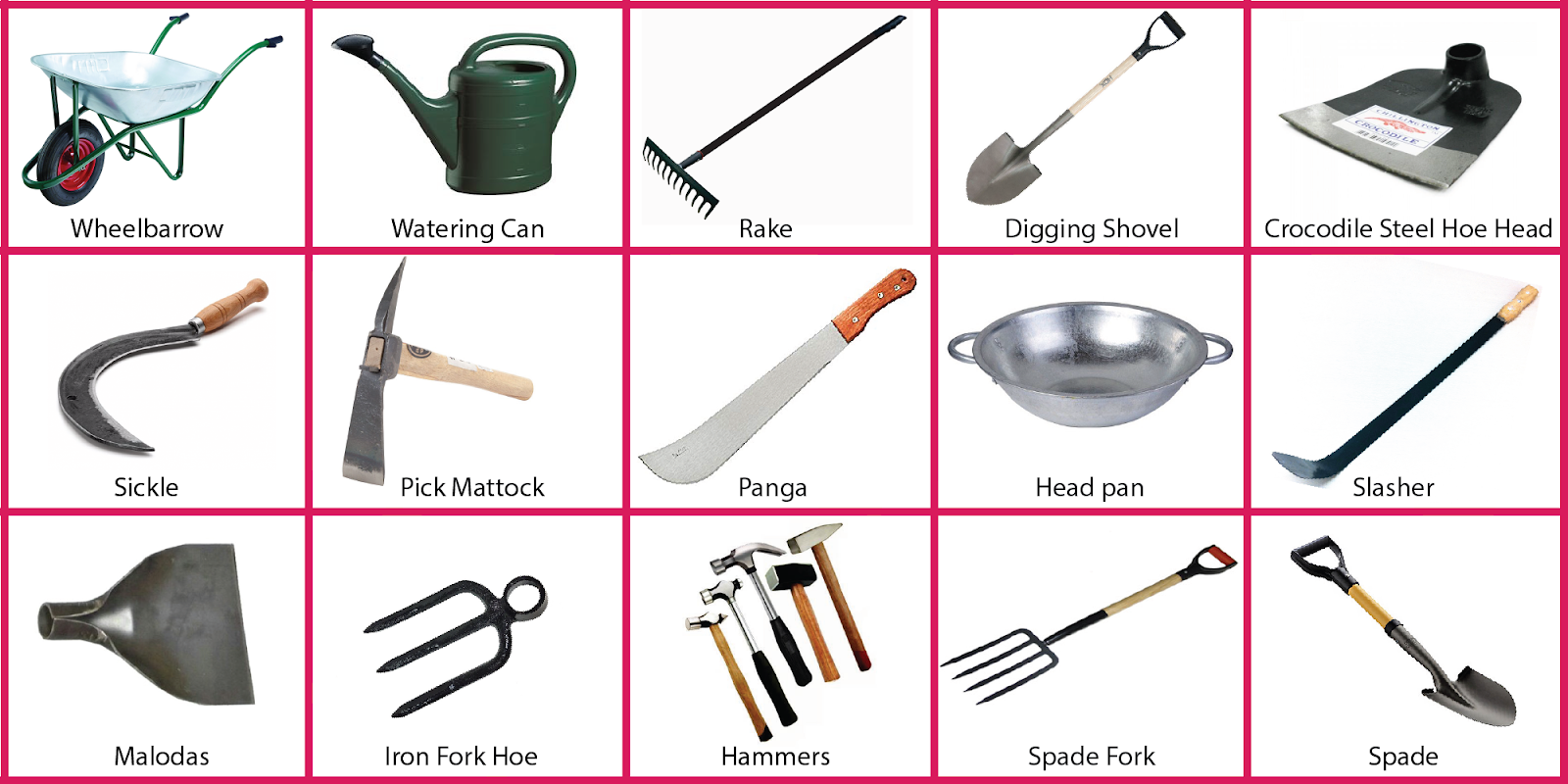Farming is an age-old profession that has evolved significantly over the years, yet the core principle remains the same: to cultivate the land and produce food for the community. A farmer’s success hinges on their ability to effectively use a variety of tools that aid in this labor-intensive process. These tools not only enhance productivity but also ensure that the tasks at hand are executed with precision and care. Understanding the significance of these tools can provide insights into how modern agriculture operates. From traditional hand tools to advanced machinery, each tool plays a critical role in the daily tasks of farming, making the farmer's job easier and more efficient.
As we delve deeper into the world of agriculture, it becomes clear that the tools a farmer uses are more than just implements; they are symbols of tradition, innovation, and the relentless pursuit of sustainability. Tools have been adapted and improved over generations, reflecting the changing needs of society and the environment. Whether it’s sowing seeds, tilling the soil, or harvesting crops, having the right tools can make all the difference in a farmer's yield and livelihood.
In this article, we will explore the various tools that farmers use, the roles they play in farming, and how they contribute to the overall efficiency of agricultural practices. By examining the significance of these tools, we can gain a better appreciation for the hard work and ingenuity that go into producing the food we consume daily.
What Are the Essential Tools Every Farmer Should Have?
Farmers rely on a range of tools to carry out their daily operations. The essential tools can be categorized into hand tools, power tools, and machinery. Here’s a breakdown of some must-have tools:
- Hand Tools: Shovels, hoes, rakes, and trowels are indispensable for planting, weeding, and harvesting.
- Power Tools: Saws, drills, and tillers help in preparing the land and maintaining the farm.
- Machinery: Tractors, combines, and planters are vital for large-scale farming operations.
How Do Farmers Use Tools to Enhance Productivity?
The effective use of tools enables farmers to accomplish tasks more efficiently. Some ways farmers leverage their tools include:
- Time Management: Using machinery can significantly reduce the time needed for planting and harvesting.
- Precision: Tools like seed drills ensure seeds are planted at the right depth and spacing.
- Labor Reduction: Power tools lessen the physical strain on farmers, allowing them to work longer hours.
What Types of Tools Are Used in Organic Farming?
Organic farming requires tools that align with sustainable practices. Some common tools include:
- Hand Tools: Scuffle hoes and hand pruners for weeding and maintaining plant health.
- Composters: For recycling organic waste into nutrient-rich soil.
- Organic Sprayers: For applying natural pesticides and fertilizers.
How Do Farmers Choose the Right Tools for Their Needs?
Choosing the right tools is crucial for a farmer’s success. Factors that influence their decisions include:
- Type of Crop: Different crops require specific tools for optimal growth.
- Farm Size: Larger farms often need more advanced machinery for efficiency.
- Budget: Farmers must balance quality with cost when selecting tools.
What Innovations Have Been Made in Farming Tools?
Technology has revolutionized the tools farmers use. Some recent innovations include:
- Smart Farming Tools: Devices that utilize GPS and sensors for precision agriculture.
- Robotic Harvesters: Machines that can harvest crops autonomously.
- Mobile Apps: Software that helps farmers track crop health and resource management.
Why Is Maintenance Important for Farming Tools?
Maintaining farming tools is essential for longevity and efficiency. Key reasons include:
- Performance: Well-maintained tools operate more effectively, reducing the risk of breakdowns.
- Safety: Regular maintenance can prevent accidents caused by faulty equipment.
- Cost-Effectiveness: Proper care extends the life of tools, saving farmers money in the long run.
Biography of a Modern Farmer: John Smith
John Smith is a modern farmer who has embraced both traditional and innovative farming techniques. With a passion for sustainable agriculture, he has transformed his family farm into a thriving example of modern farming practices.
| Personal Details | Bio Data |
|---|---|
| Name | John Smith |
| Age | 35 |
| Location | Springfield, USA |
| Farm Size | 100 acres |
| Specialization | Organic vegetables and fruits |
| Years of Experience | 15 years |
How Does John Smith Use Tools on His Farm?
John Smith employs a variety of tools to maximize his farm's productivity:
- Tractors: Essential for plowing and sowing crops.
- Hand Tools: Used for delicate tasks like weeding and pruning.
- Technology: Implements smart farming tools to monitor crop health.
What Challenges Does John Face with Farming Tools?
Despite his success, John encounters challenges related to the tools he uses:
- Cost of Maintenance: Regular maintenance can be expensive.
- Technology Integration: Adapting to new technologies can be daunting.
- Environmental Factors: Weather conditions can impact tool effectiveness.
In conclusion, the tools a farmer uses are vital to their success and efficiency in the field. Whether they are traditional hand tools or modern machinery, each tool plays a significant role in the cultivation of crops and the sustainability of farming practices. As farmers like John Smith continue to innovate and adapt, the agricultural landscape will keep evolving, highlighting the importance of effective tool usage in farming today.



